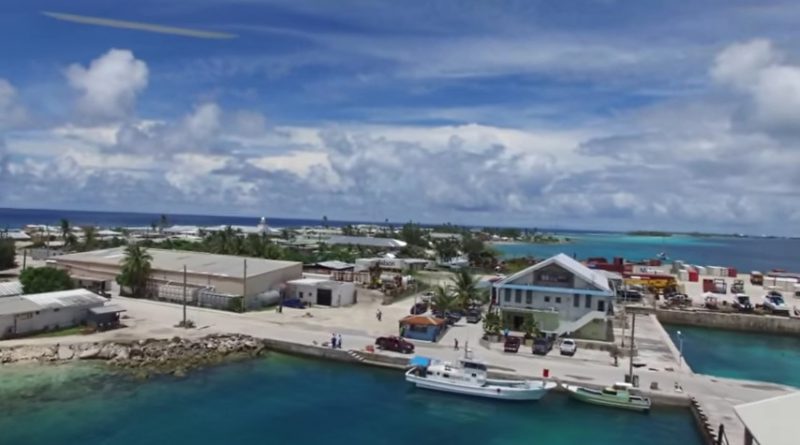Marshall Island to proceed with plans to issue national cryptocurrency
The Marshall Island government will still go ahead with its plan issue a national cryptocurrency called sovereign (SOV) that will serve as a second legal tender alongside the U.S. dollar.
The intention to proceed with the plan was announced by the Finance Minister Brenson Wase after the Island's president Hilda Heine survived a vote of no confidence. Eight senators accused the president of damaging the country's reputation by supporting the cryptocurrency.
IMF and US Treasury have also raised some concerns about the risks involving the issuance of SOV. For instance, the IMF warned that there were reputational risks and danger of the country losing correspondent banking relationship (CBR) with the US dollar. However, the Marshall authorities plan to work through these issues before issuing the cryptocurrency. IMF said they would issue SOV in compliance with the Financial Action Task Force standard and US regulation. They would also await approval of its use in the US financial system by the US government.
However, Minister-in-assistance to the president David Paul said in February that the legal tender status of the cryptocurrency had already been approved by the parliament. Thus since all jurisdictions have laws in place on how to deal with the legal tender, which creates the legal certainty for its use.
In that regard, the government is planning to raise funds by selling half of the cryptocurrency's initial allocation to foreign investors. The government will either retain the remaining coins in a trust fund or distribute them to citizens. However, the date of the ICO is yet to be announced.
The nation was working with Israeli company Neema to issue 24 million units of the currency, with the limit on the unit expected to prevent inflation. Half of the tokens would also go to the Israeli startup helping with the plans.
The president earlier on said that launching and using their own currency would be "another step of manifesting (their) national liberty." The citizens would spend it on everything, from paying taxes to making purchases.
The island, which is located near the equator in the Pacific Ocean, slightly west of the International Date Line, had a population of 53,158 people as at 2011. It is a nuclear-ravaged country, and it is planning to use the money acquired from selling the cryptocurrency in paying for the budget, investing in anti-global-warming projects, and supporting people still affected by US nuclear testing. The country is aspiring to be carbon-neutral by 2050.

The cryptocurrency would be different from the likes of Bitcoin and Ethereum because it would be recognized as a legal tender by law and also not anonymous. It would, therefore, overcome the hurdles of not being recognized by banks and regulators. The Island would join Venezuela, which already launched a national cryptocurrency. China, Estonia, and Iran, also are considering plans to launch national digital currencies.


